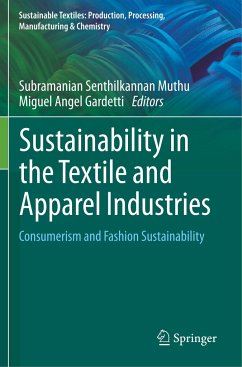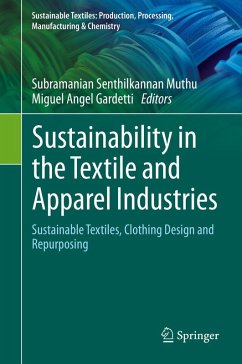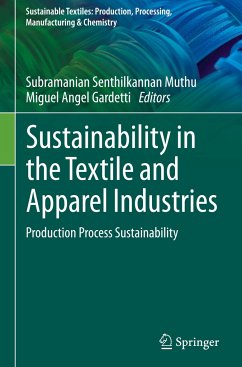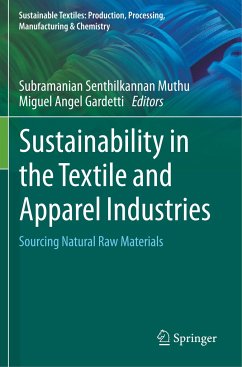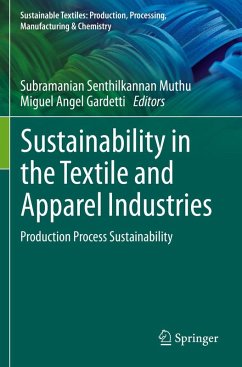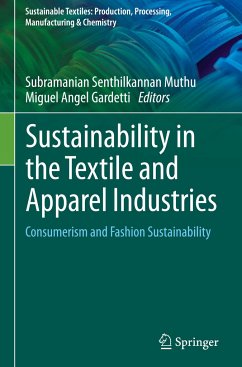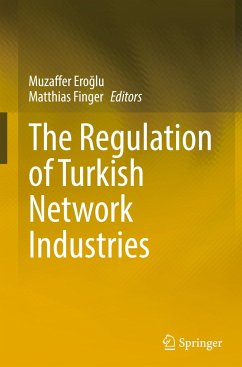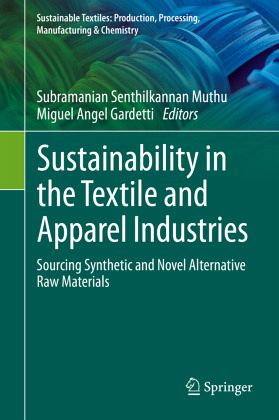
Sustainability in the Textile and Apparel Industries
Sourcing Synthetic and Novel Alternative Raw Materials
Herausgegeben: Muthu, Subramanian Senthilkannan; Gardetti, Miguel Angel

PAYBACK Punkte
57 °P sammeln!
This book is part of a five-volume set that explores sustainability in textile industry practices globally. Case studies are provided that cover the theoretical and practical implications of sustainable textile issues, including environmental footprints of textile manufacturing, consumer behavior, eco-design in clothing and apparels, supply chain sustainability, the chemistry of textile manufacturing, waste management and textile economics. The set will be of interest to researchers, engineers, industrialists, R&D managers and students working in textile chemistry, economics, materials science...
This book is part of a five-volume set that explores sustainability in textile industry practices globally. Case studies are provided that cover the theoretical and practical implications of sustainable textile issues, including environmental footprints of textile manufacturing, consumer behavior, eco-design in clothing and apparels, supply chain sustainability, the chemistry of textile manufacturing, waste management and textile economics. The set will be of interest to researchers, engineers, industrialists, R&D managers and students working in textile chemistry, economics, materials science, and sustainable consumption and production.
This volume explores some alternative synthetic raw materials resulting from the recycling and regeneration of renewable textile fibers, and how these sustainable green-based composites can contribute to improved ecological and human health. The book offers insights into the impacts of human-made fibers and microfiber pollution, and how biodegradable material sourcing can help to curb harmful environmental impacts from these practices and achieve clothing and apparel sustainability.
This volume explores some alternative synthetic raw materials resulting from the recycling and regeneration of renewable textile fibers, and how these sustainable green-based composites can contribute to improved ecological and human health. The book offers insights into the impacts of human-made fibers and microfiber pollution, and how biodegradable material sourcing can help to curb harmful environmental impacts from these practices and achieve clothing and apparel sustainability.




